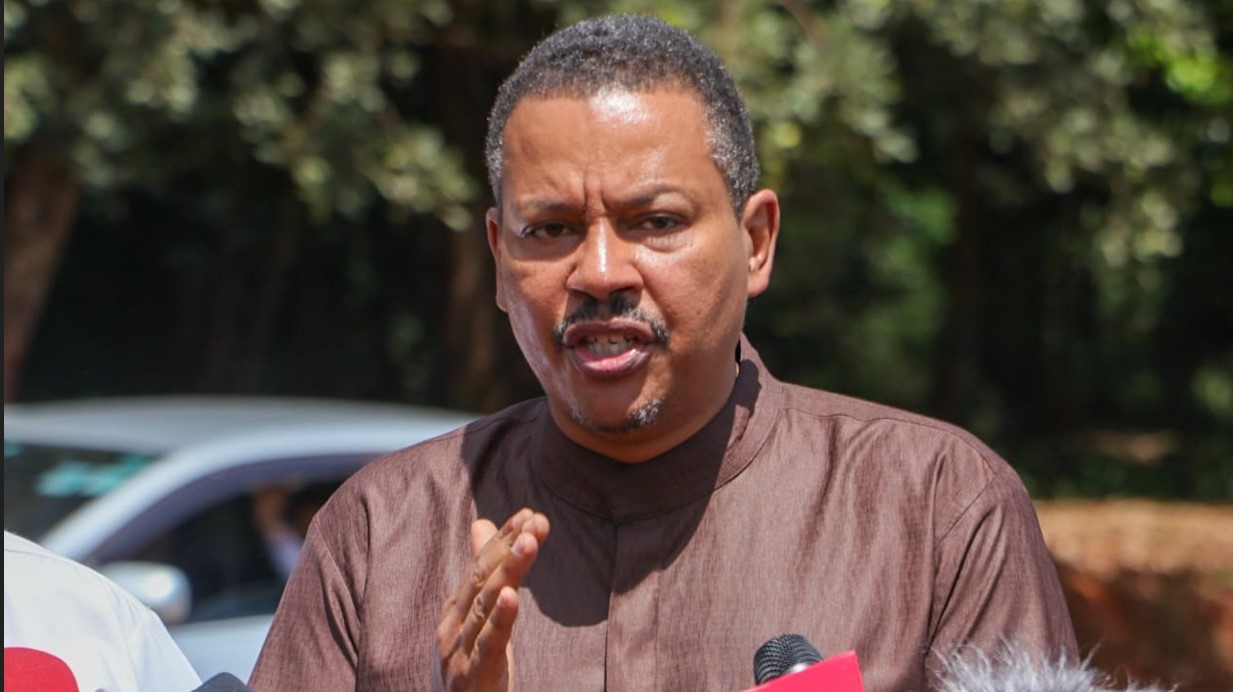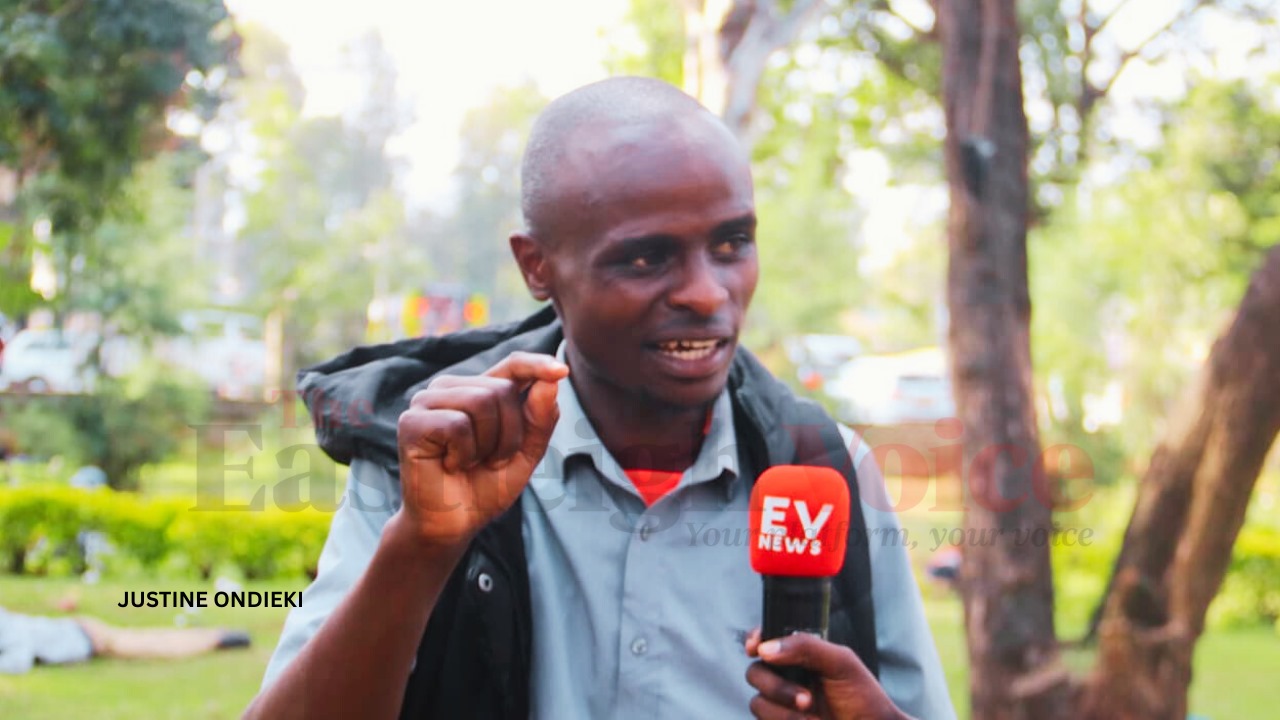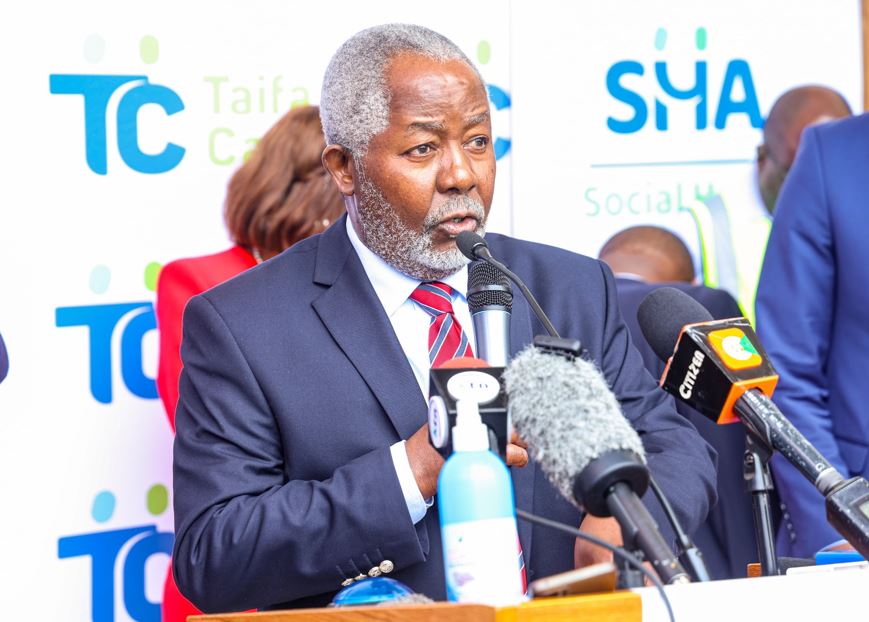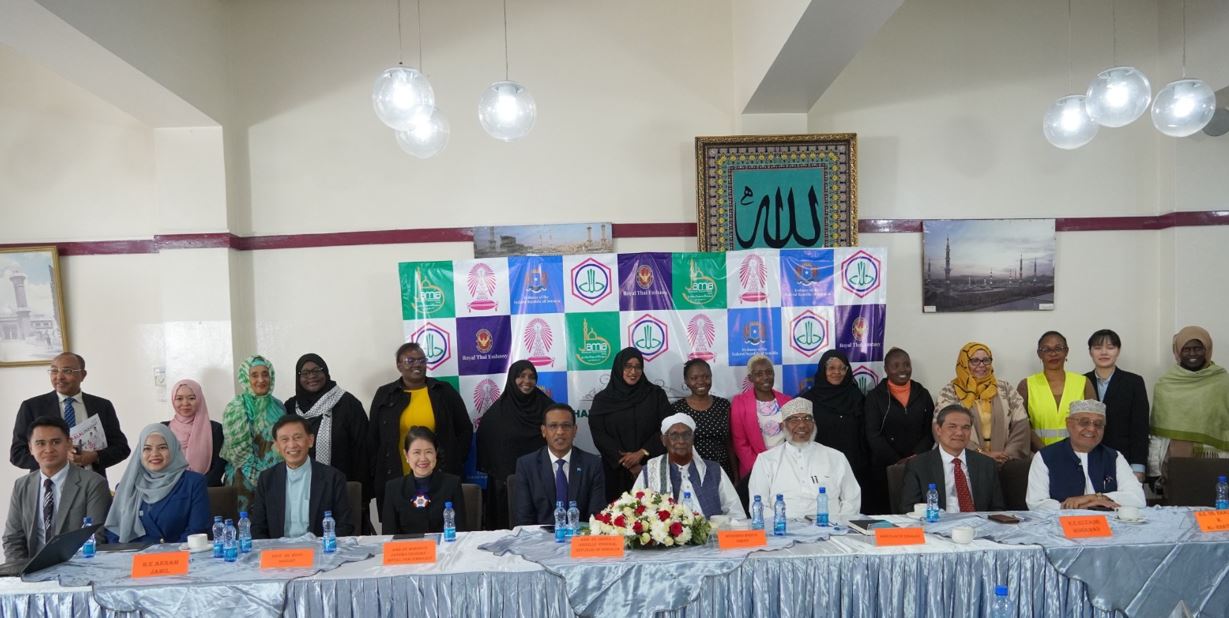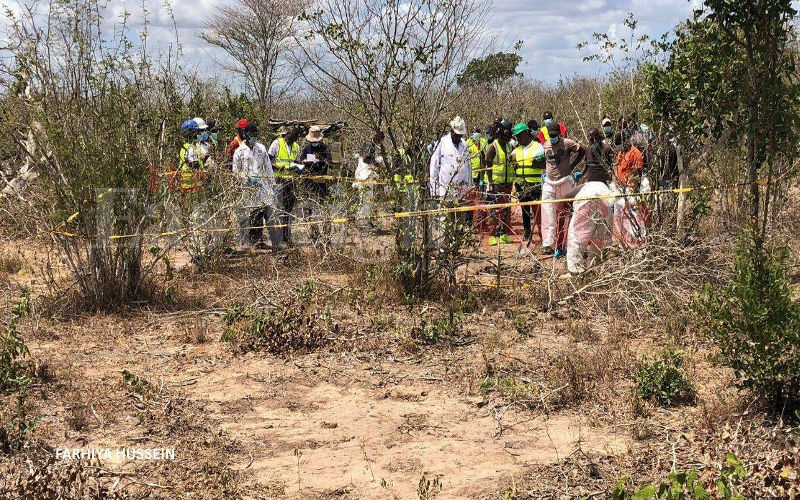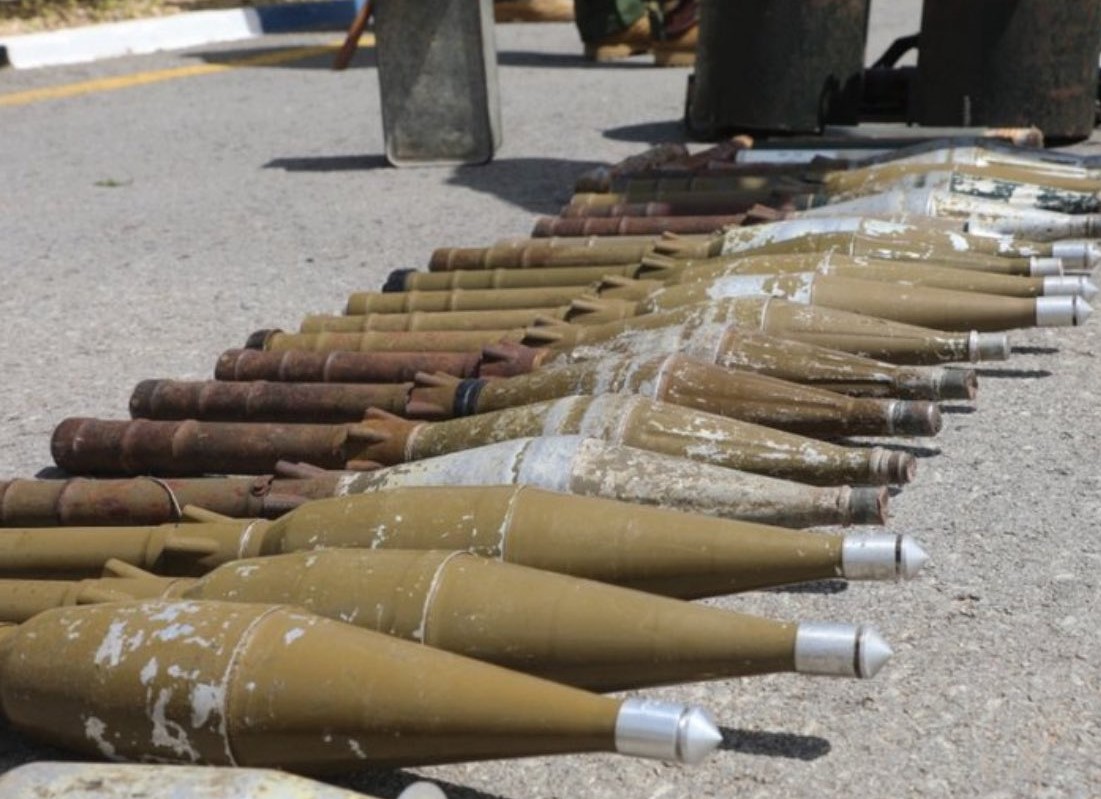Expired drugs, broken equipment: North eastern Kenya’s healthcare system on the brink
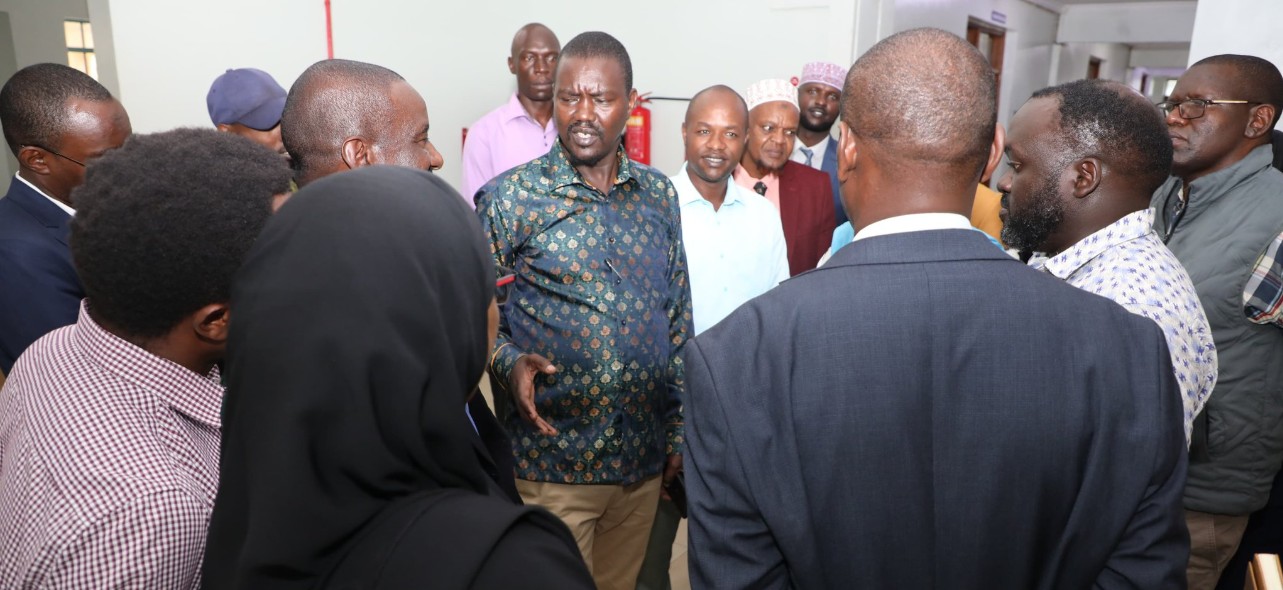
During a recent Senate Health Committee mission to Mandera, Wajir and Marsabit counties, the delegation, led by Uasin Gishu Senator Jackson Mandago, uncovered a healthcare system on the brink of collapse.
Can you imagine a healthcare system where expired drugs line the shelves, essential equipment lies broken, and understaffed hospitals are forced to operate under impossible conditions?
This is the grim reality facing Kenya's north eastern region.
More To Read
- Lagdera MP demands action as health facilities defy Ruto’s free outpatient care directive
- Fridge safety warning: Five common mistakes that put your health at risk
- Kenya officially eliminates sleeping sickness as public health threat, WHO confirms
- Pressure mounts on government to dispose of Shakahola massacre victims' bodies after year-long delay
- Senators order crackdown on absenteeism in public hospitals
- Extreme weather affects mental health: What vulnerable women in Kenya told us
During a recent Senate Health Committee mission to Mandera, Wajir and Marsabit counties, the delegation, led by Uasin Gishu Senator Jackson Mandago, uncovered a healthcare system on the brink of collapse.
Their findings revealed a region where the most basic medical needs are unmet, exposing deep systemic failures that jeopardise the health of millions.
The findings were stark, painting a grim picture of a healthcare system that is struggling to keep up with the needs of the population.
In Mandera, the committee toured Mandera Teaching and Referral Hospital, Khadija Dispensary and Elwak Sub-County Hospital.
The situation at these facilities was dire.
At the Mandera Teaching and Referral Hospital, the equipment was outdated and critical machines were broken.
Dialysis machines
Of the hospital’s five dialysis machines, only three were operational, leaving patients with inadequate care.
“You have only five dialysis machines, but two are broken. How do you expect to run the hospital smoothly?” Senator Mandago asked.
Hospital CEO Asad Okash acknowledged the issue.
“We need at least 10 machines operational to meet the demand. Currently, we are overwhelmed.”
The shortage of trained medical staff was glaring. In some facilities, untrained personnel were found dispensing medication.
“We have serious staffing issues, expired drugs, and some facilities without pharmacists,” Senator Mariam Omar remarked.
The committee also raised concerns about allegations of drug theft, with reports suggesting that government-supplied medicines were being diverted to private pharmacies.
However, Dr Khadija, a pharmacist at Khadija Dispensary, denied these allegations, insisting that proper procedures were being followed.
The lack of proper transportation in some areas further hindered healthcare delivery.
More utility vehicles
At Elwak Sub-County Hospital, staff appealed for more utility vehicles, with Public Health Nurse Mohammed Adan stating, “We need at least two more utility vehicles to serve the sub-county effectively.”
At the end of the visit, Mandago said healthcare is not just about physical infrastructure but also about the people, systems and accountability.
“Healthcare is not just about buildings, it’s about human resources, accountability and functional systems,” he said.
In Wajir, the committee visited the Manyatta TB Centre and Wajir County Teaching and Referral Hospital.
At the TB centre, staff raised concerns about the safety of healthcare workers and the lack of modern laboratory facilities.
“Our biggest challenge is the safety of the medical staff. We also lack a modern lab to handle TB specimens safely,” the centre’s manager explained.
The committee also noted the absence of mosquito nets, broken laundry systems and the lack of automated record-keeping at the maternity ward.
Nurse Henry Kiplangat said that poor roads during the rainy season make access to healthcare even more difficult.
“We face challenges from poor roads during the rainy season. We don’t have mosquito nets, our laundry system is broken, and there is no automated record-keeping,” he said.
Senator Abbas Sheikh Mohamed raised questions about the reimbursement process under the Social Health Insurance Fund (SHIF) and Facility Improvement Financing (FIF).
Despite the funding received, the facility still faced several operational challenges, with Kiplangat stating that SHA was working smoothly, and FIF reimbursements are delayed.
Marsabit County faced its own set of issues.
Rising patient numbers
The committee visited the county referral hospital, where rising patient numbers, particularly at the cancer clinic, put a strain on services.
With the cancer clinic now handling over 20 patients monthly, up from just 10, access to essential diagnostic services remained a challenge. Most lab tests were still being sent to Nairobi, causing significant delays.
Kisii Senator Zachary Onyonka questioned why crucial test results were delayed.
The hospital’s management admitted that this was a common issue, with diagnostic tests being sent far from the county.
The situation at the Marsabit hospital was further compounded by the poor condition of its infrastructure.
Toilets were dry, wheelchairs were dirty, and the gardens were neglected. A nurse said that the plumbing system was in disrepair, and workers confirmed the routine use of expired drugs and sanitisers.
Hazardous medical waste
There were also concerns about hazardous medical waste being improperly stored in abandoned toilets or left in the open.
Additionally, a Sh200 million budget for an ICU unit could not be accounted for, raising questions about financial mismanagement. Neither the hospital CEO nor the county’s Health CEC had any clear information on how the funds were spent.
The Senate delegation found recurring issues across all three counties: chronic understaffing, expired drugs, broken infrastructure, missing supplies, and poor financial transparency.
“We found expired drugs dumped in open fields and no incinerators. In one hospital, we found them stored in a disused toilet,” Senator Wakoli Wafula remarked.
The lack of functional systems and accountability has led to widespread dysfunction, which has been exacerbated by the rise of private health facilities while public ones are left to decay.
Governors from the region have promised reforms to address these issues, including improvements to staffing, equipment and financial oversight. However, the road ahead remains uncertain.
Top Stories Today



